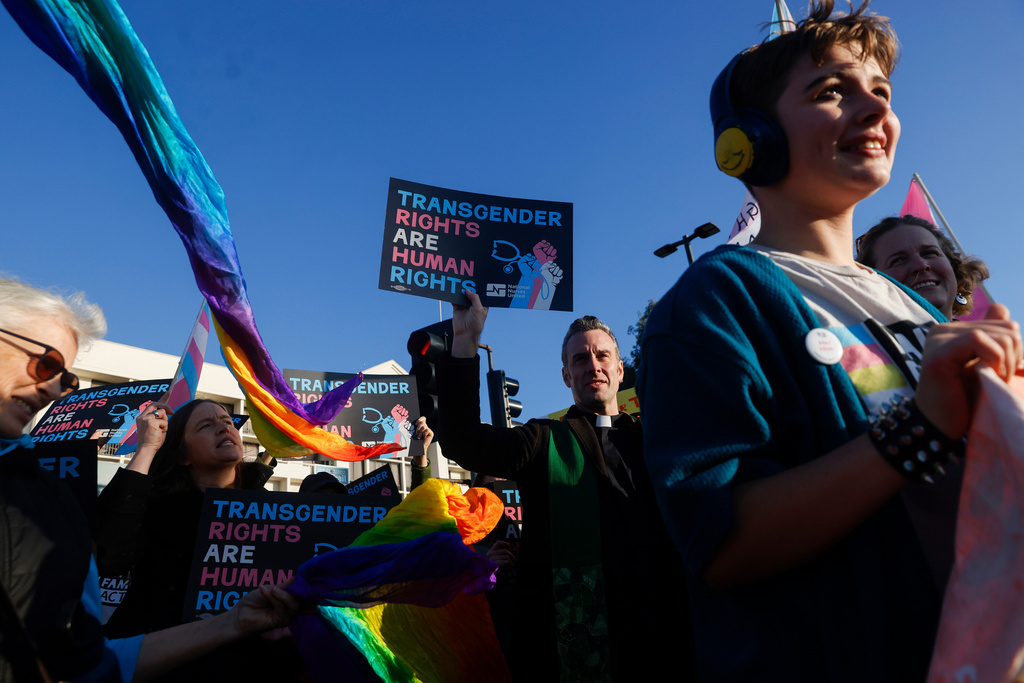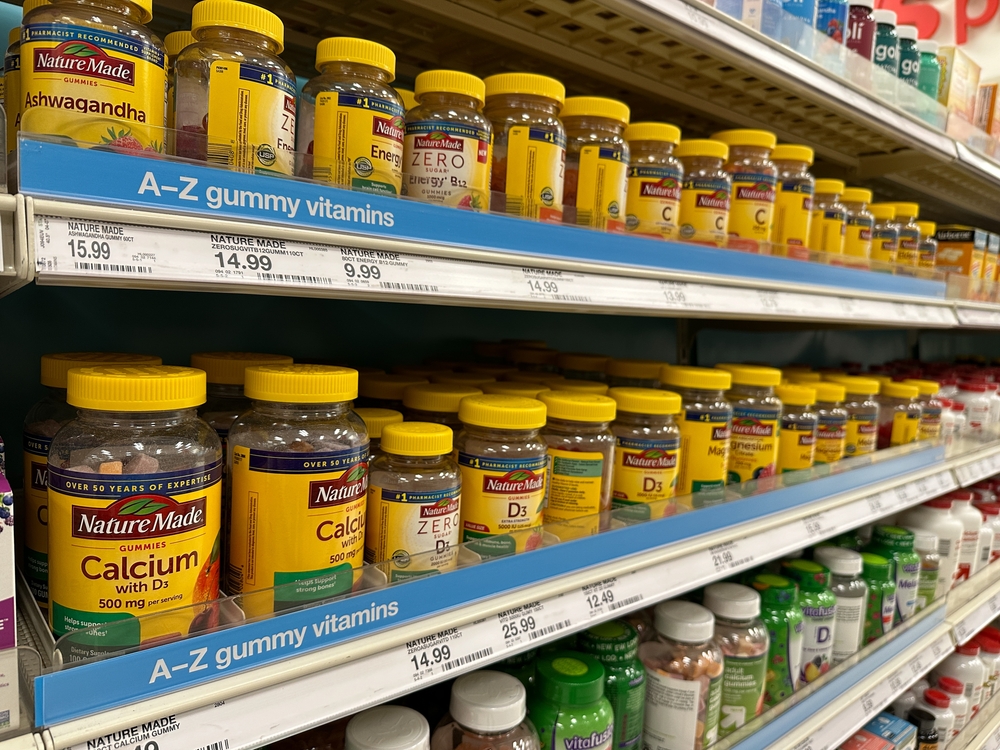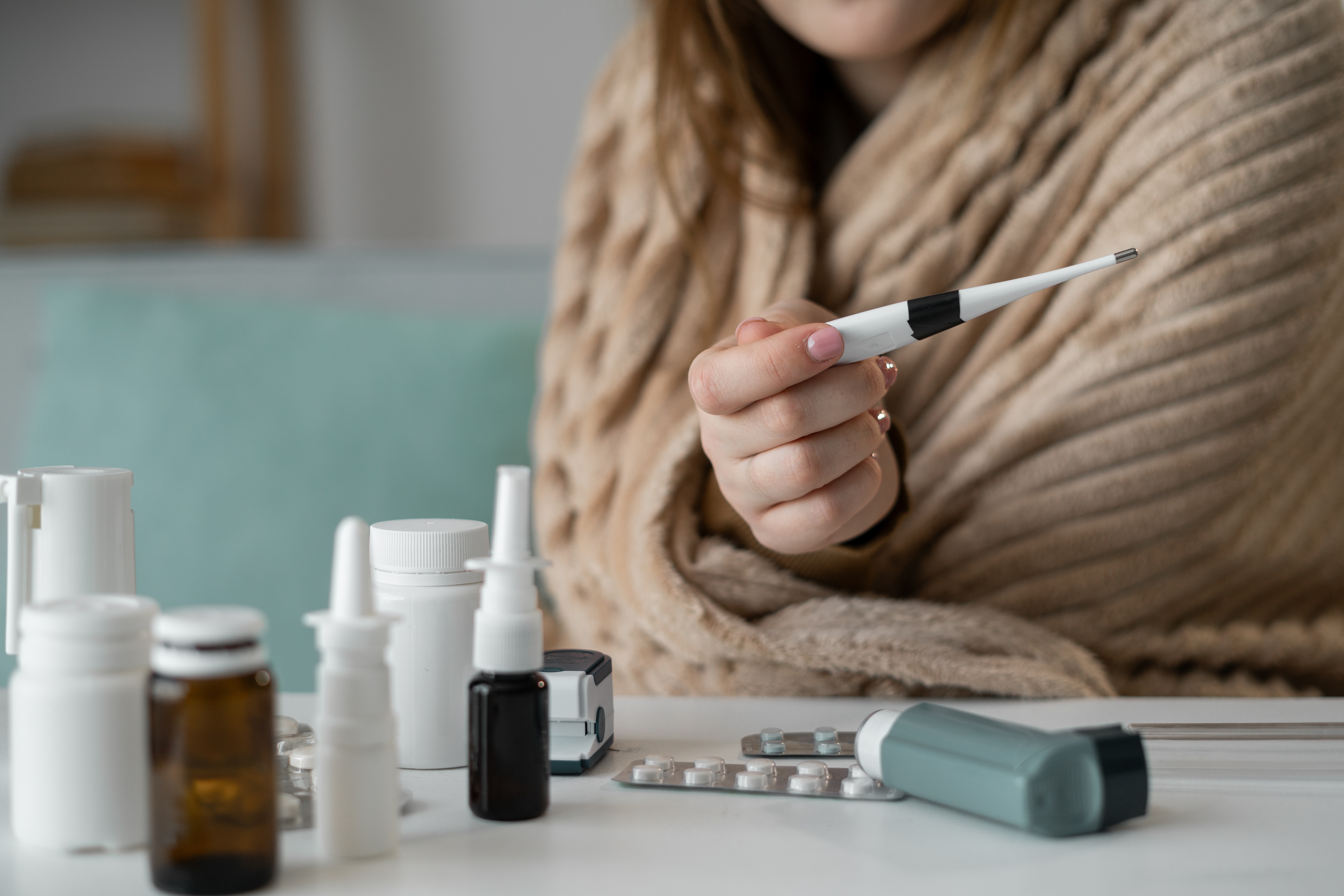Roughly 40% of physician assistants who have treated COVID-19 patients say they've "had to go without" adequate personal protective equipment, according to a new survey from the American Academy of Physician Assistants.
There are more than 140,000 physician assistants in the U.S. who work in all medical settings and specialties. According to a sample of those front-line workers, furloughs, layoffs and access to personal protective equipment are their top concerns. And the AAPA says it's the academy's duty to advocate for them.
Jennifer Orozco, who is on the AAPA's board of directors, said the most urgent concern is PPE. Beyond having enough for COVID-19, she says health care providers still need PPE for other infectious diseases that they've always had to face.
The survey also found over the last 10 months, roughly 16% of physician assistants have changed specialties or practice settings to help where they are needed most. Orozco, who is in charge of redirecting those physician assistants, says outdated restrictions are the reason the survey found 22% of physician assistants furloughed and "forced on the sidelines."
"Here we are: We have a quarter of the workforce, almost, sitting at home because of restrictions that are in place that don't allow them to take care of front-line patients. And we cannot afford a quarter of 140,000-plus people to be sitting at home when they need to be out there taking care of patients."
Twenty-one states have already waived at least some of those requirements, but the AAPA says, "more states must ease these practice restrictions so that PAs can fully contribute to the COVID-19 response."
"So not only PPE issues, but practice issues and furloughed and restrictions by state law, all these challenges that these essential frontline providers have had ... it's really concerning. ... What we knew pre-COVID, I think, of the health care system is gone. And one thing's for certain: We're getting into a whole new health care system, and it's going to be very interesting what it looks like going forward six months from now and going forward years from now."











